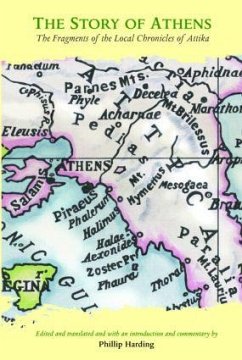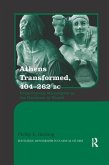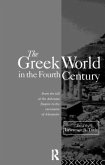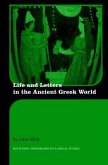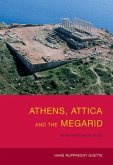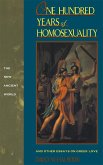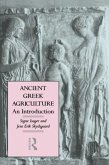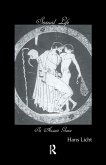A leading authority in the field, Phillip Harding presents the very first English translations of the six Athenian writers known as the Atthidographers.
In his vivid and detailed history, Harding examines the remaining fragments of these historical writers' work - in chronological order - and how these writings, dating from the fifth and fourth century BC, reveal an invaluable wealth of information about early Athenian history, legend, religion, customs and anecdotes.
Harding also goes on to study how these histories of Athens and its people were the source for later surviving historians such as Plutarch and Diodorus.
With the aid of linking text and detailed annotation, anyone with an interest in Athenian history, classical Greece need look no further.
In his vivid and detailed history, Harding examines the remaining fragments of these historical writers' work - in chronological order - and how these writings, dating from the fifth and fourth century BC, reveal an invaluable wealth of information about early Athenian history, legend, religion, customs and anecdotes.
Harding also goes on to study how these histories of Athens and its people were the source for later surviving historians such as Plutarch and Diodorus.
With the aid of linking text and detailed annotation, anyone with an interest in Athenian history, classical Greece need look no further.
'...the Atthidograhers are here made more accessible than ever before, with many of the fragments translated into English for the first time. Harding shows both the sheer variety of the chroniclers' interests and the overall shape of the generic 'Atthis' by presenting the fragments not (as has been traditional) author-by-author, but in chronological order of the events described...' - The Anglo-Hellenic Review
'...the Atthidograhers are here made more accessible than ever before, with many of the fragments translated into English for the first time. Harding shows both the sheer variety of the chroniclers' interests and the overall shape of the generic 'Atthis' by presenting the fragments not (as has been traditional) author-by-author, but in chronological order of the events described...' - The Anglo-Hellenic Review

